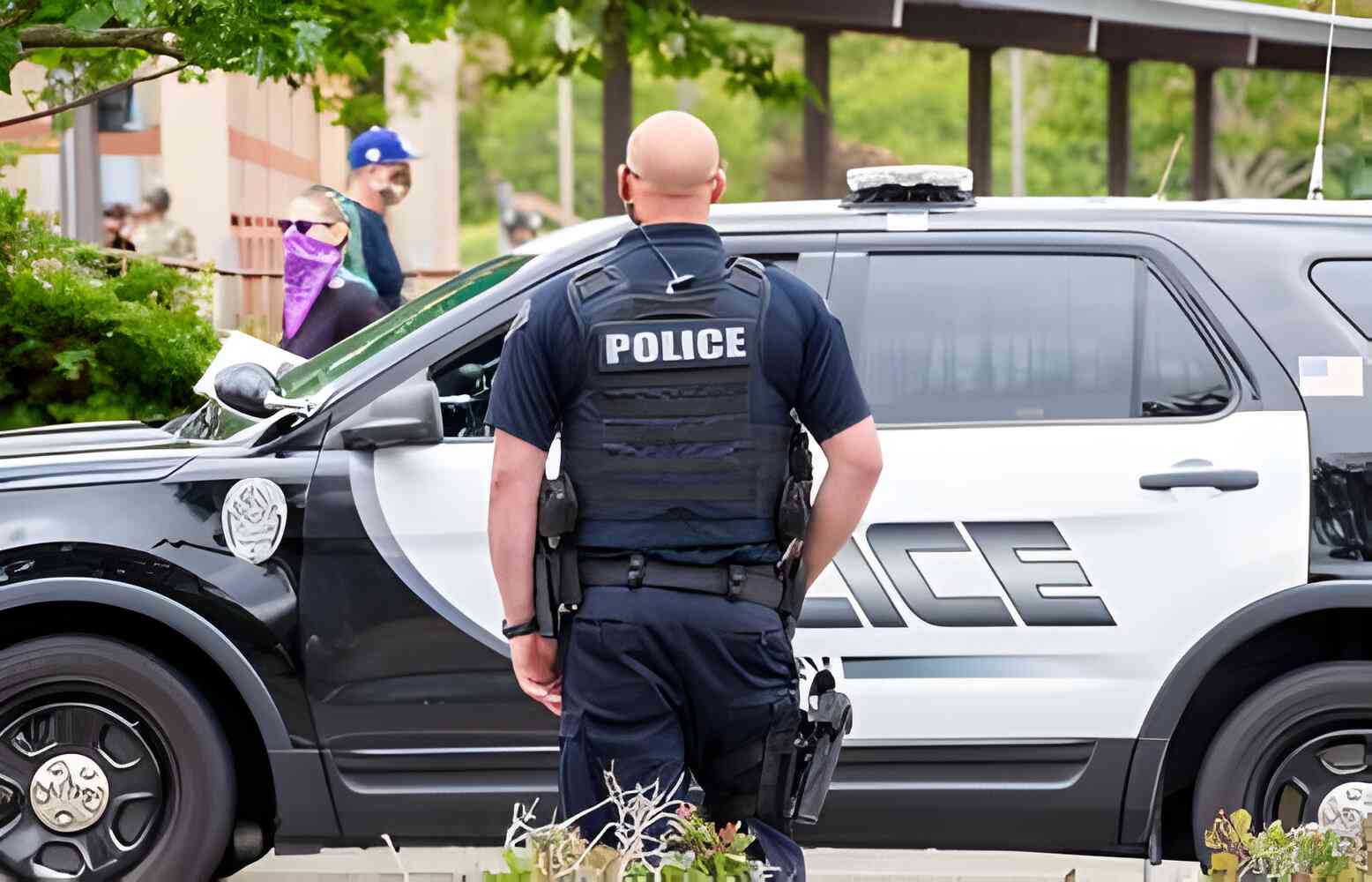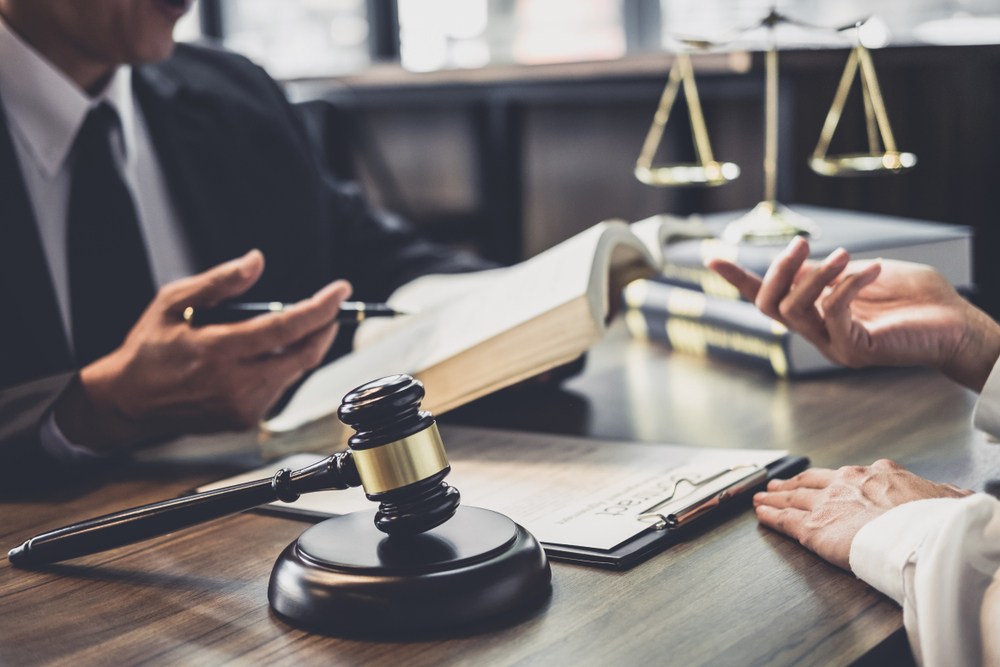Experiencing police brutality can be a deeply unsettling and traumatic event, leaving you feeling vulnerable and unsure of your rights. If you or someone you know has been subjected to excessive force or misconduct by law enforcement, it is crucial to understand the legal protections available to you. This article aims to equip you with the knowledge you need by detailing your rights and explaining how a police brutality attorney can help you navigate the complex legal landscape. With the right guidance, you can take informed steps to seek justice and hold those responsible accountable. In this article, a police brutality attorney in California breaks down the legal standards for the use of force by police and what to do if you feel your rights were violated. Keep reading to learn how to protect yourself from police misconduct.
Your Rights and Options if You Experience Police Brutality
Police officers can only use force that is reasonably necessary under the circumstances.
Reasonable Force
The force used by police must be reasonably proportional to the threat faced and the amount needed to gain control of the situation. Police can't use deadly force unless it's necessary to prevent imminent serious bodily injury or death.
De-escalation
Officers must first attempt to de-escalate situations through communication and warnings before using force. They should try to determine if the person suffers from a mental health condition or substance abuse issue and call for backup from mental health professionals if needed. Excessive use of force will not be tolerated.
Duty to Intervene
All officers on the scene must intervene if another officer is using excessive force. Failure to intervene can result in criminal charges and civil lawsuits. Supervising officers also must properly train officers on the use of force policies and hold them accountable if those policies are violated.
Consequences of Excessive Force
Officers who use excessive force can face both civil and criminal consequences, including criminal prosecution, internal discipline, termination from the police department, and civil lawsuits. Victims of excessive police force may be entitled to monetary damages.
The standards around police use of force aim to curb police brutality and hold officers and departments accountable while also recognizing that officers often have to make split-second decisions in dangerous situations. Achieving the right balance is an ongoing process that requires continuous reform and community oversight.
Police Brutality Attorney - FAQs
If you experience excessive use of force during an encounter with police, you have rights. First, remain calm and do not resist, as this can escalate the situation. Once the incident is over, report it immediately. File a written complaint at your local police station, and get the names and badge numbers of all officers involved. You should also get contact information for any witnesses.
Seek medical attention right away. Have injuries documented, and get copies of any medical reports. Photograph any bruises or injuries as evidence.
You have the right to pursue legal action. Contact a civil rights attorney to discuss filing a lawsuit against the officers and police department. They can advise you on the merits of your case and help you obtain any video or audio recordings of the incident through legal discovery.
You may be entitled to financial compensation for medical bills, pain and suffering, lost work, and other damages. While money cannot undo the harm caused, it can help raise awareness of police misconduct and push for systemic reforms.
Don't remain silent. Share your experience on social media to warn others and put public pressure on the police department for accountability and changes to the use of force policies. You can also report incidents to independent organizations that track police brutality cases.
No one deserves to experience excessive police force. Know your rights, document the details, and speak up—your voice can be powerful in enacting change. With determination and perseverance, we can work to end police brutality once and for all.
Conclusion
Understanding your rights and knowing how to respond if you experience police brutality are crucial steps toward ensuring justice and accountability. This article has outlined the legal standards for reasonable force, your rights during police encounters, and the procedures to follow if those rights are violated. If you find yourself a victim of police misconduct, it is essential to document the incident, seek immediate medical attention, and consult with a qualified police brutality attorney. These steps support your case and contribute to broader efforts for reform by holding law enforcement accountable. Remember, being informed and prepared can make a significant difference in combating police brutality and advocating for fair treatment for all.




